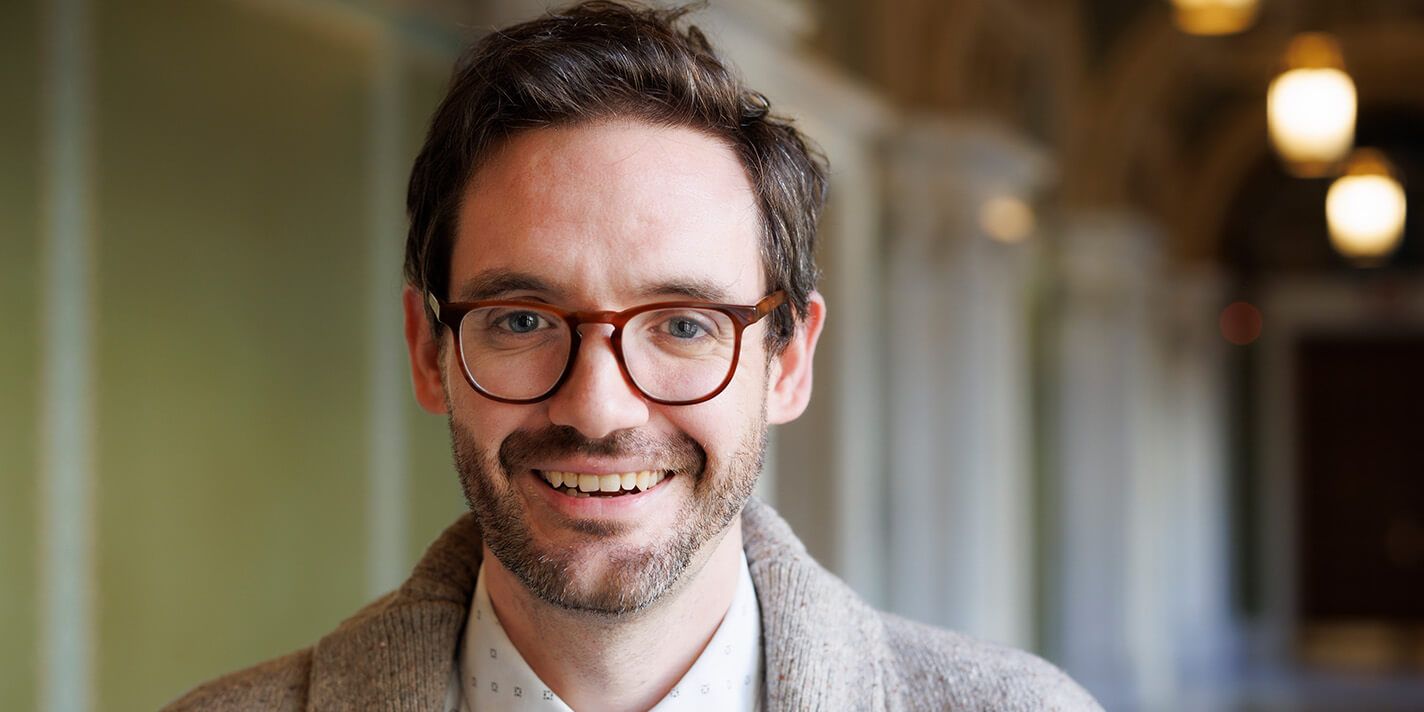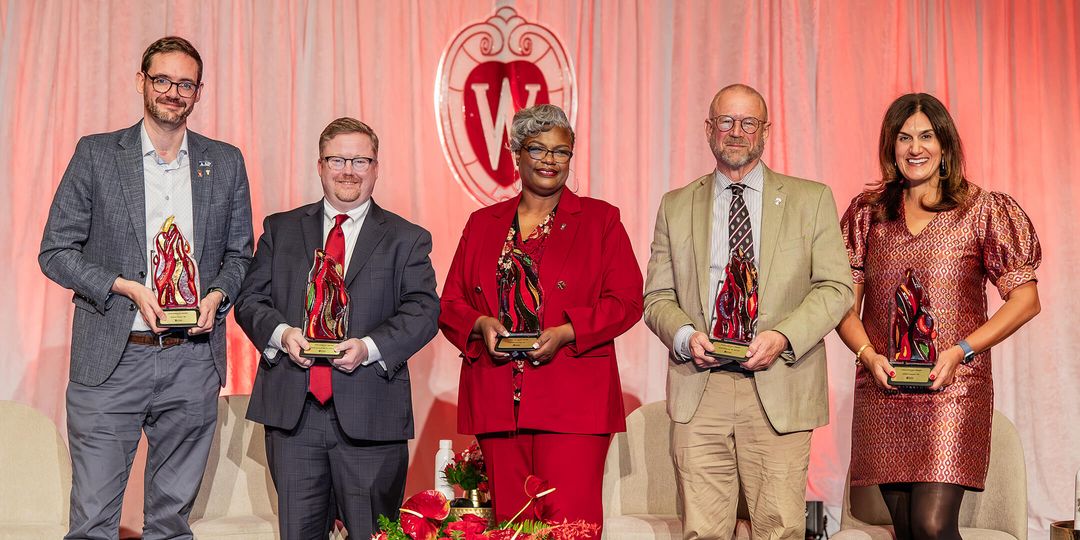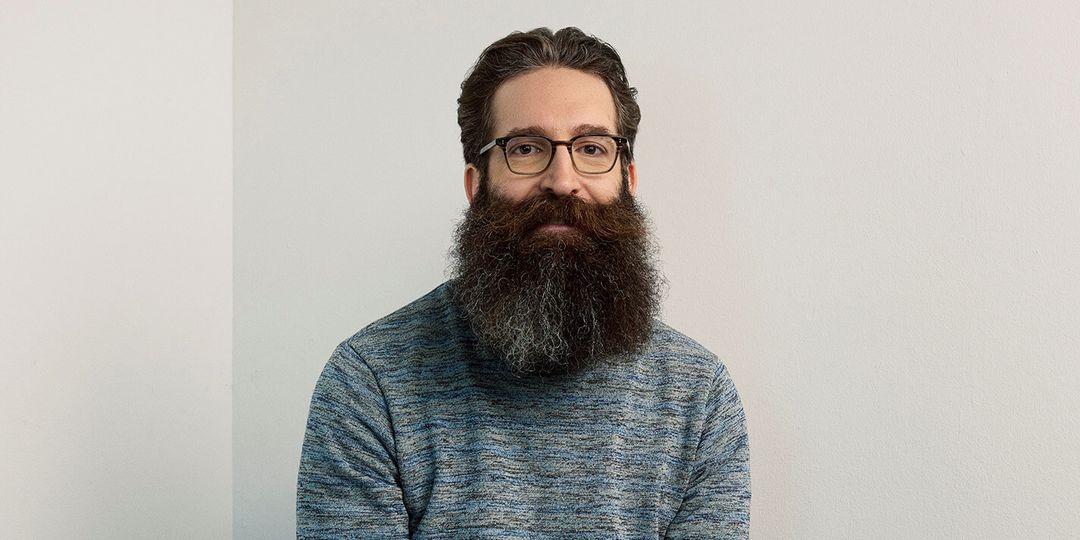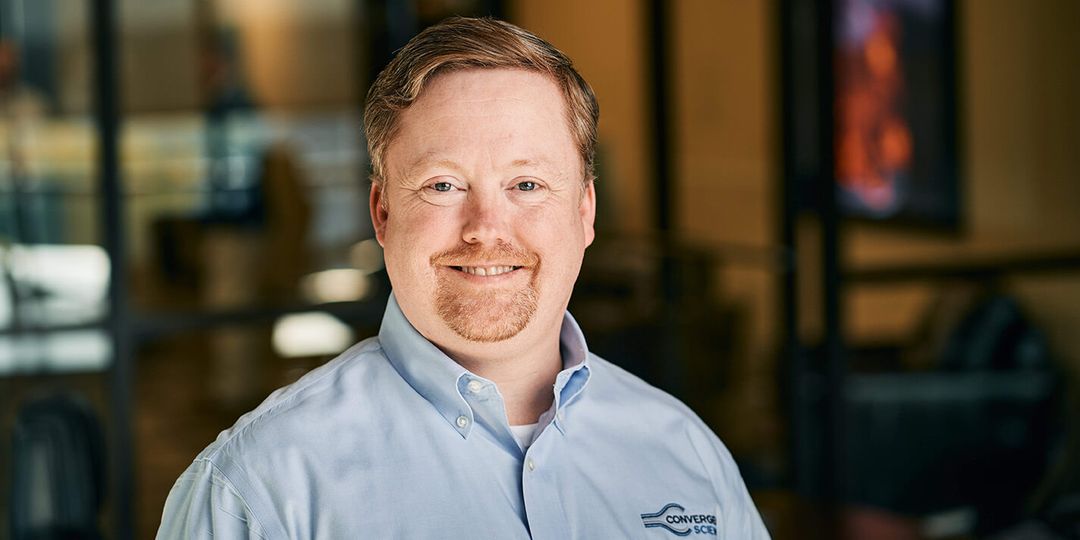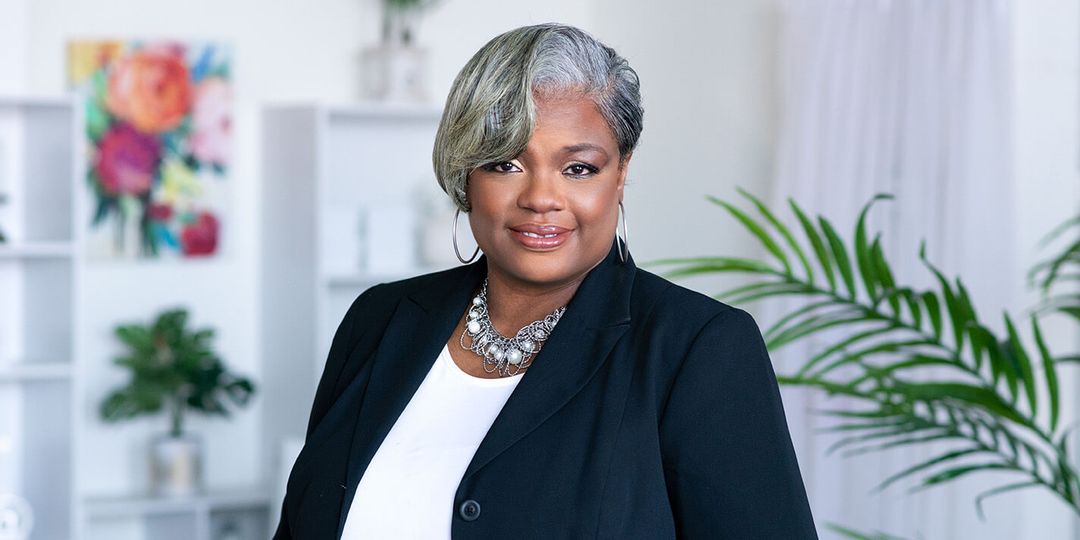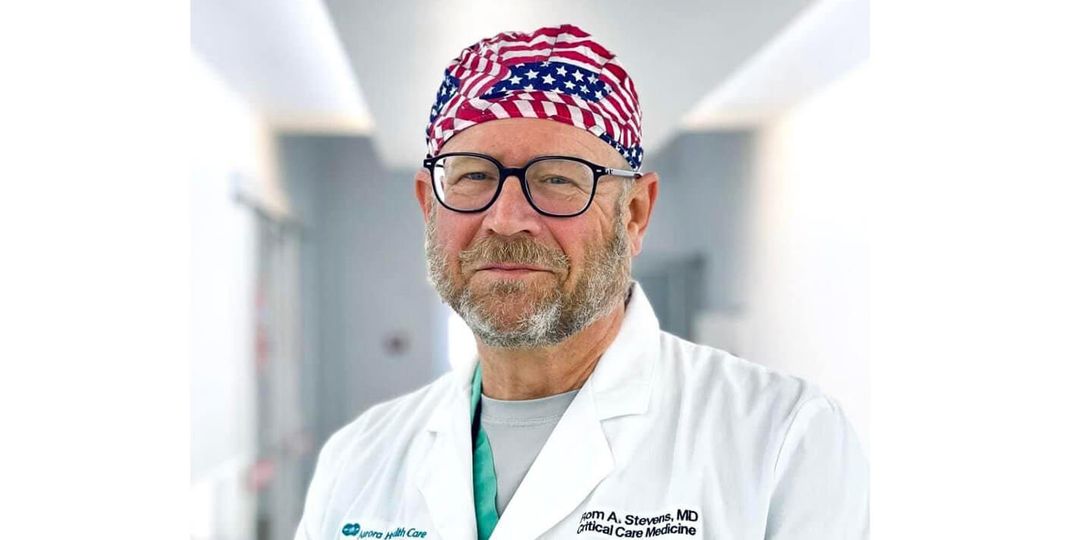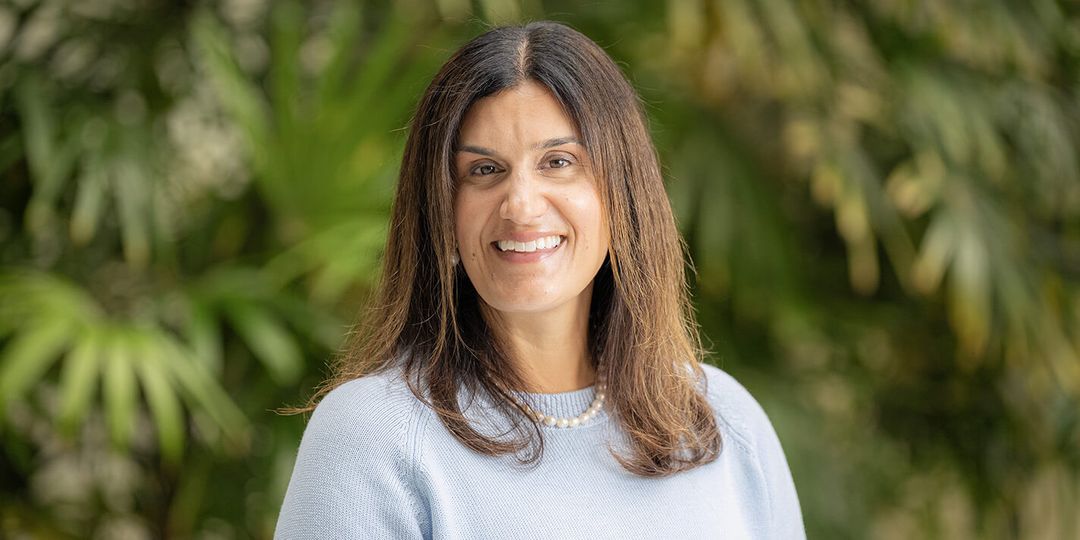Chief Research Officer, American Institute of Physics
UW Majors: History and History of Science
Assembling one’s course schedule can be a stressful experience. But for Trevor Owens ’06, scrolling through the UW–Madison course catalog meant discovering something unexpected and exciting. “I just couldn’t stop signing up for more classes,” he says of graduating in just three years. “I wanted to learn everything I could.”
He credits the UW with helping him blend his interests rather than choose between them. Through his studies in the history of science, as well as an integrated liberal studies (ILS) certificate, Owens found a learning environment that valued curiosity, flexibility, and cross-disciplinary connections.
“Not only is the UW an outstanding place for research in the history of science,” he says, “the ILS program is an amazing resource. I have really fond memories of having discussion sessions on the couches at Meiklejohn House. It was great to find this smaller community on such a big campus.”
Owens’s intellectual curiosity extended beyond the classroom. He worked as a library assistant in the School of Music and a resident assistant in the dorms. He played violin in the All-University String Orchestra and programmed live entertainment through the Wisconsin Union Directorate. After graduating from the UW, he earned a master’s degree in American history and a doctorate in research methods and educational technology from George Mason University.
Owens has built his career at the crossroads of history, science, technology, and public service and is dedicated to ensuring that the knowledge we create today can still be accessed, understood, and used tomorrow.
He’s led federal initiatives at the Institute of Museum and Library Services and the Library of Congress. As the first director of digital services for the library, he managed and expanded access to the institution’s vast digital collection.
In 2022, Owens served as a Fulbright Specialist with the National Library of Kosovo, leading the development of their inaugural digital collections strategy.
Today, as the first-ever chief research officer at the American Institute of Physics, Owens leads a team of social scientists, historians, librarians, and archivists working to catalyze and empower positive change in the physical sciences.
He is also a public historian in residence at American University, and a faculty member for California’s Rare Book School.
A respected voice in the field of digital history, Owens is the author of four books as well as dozens of journal articles and keynote presentations. In his writing, he explores not only how digital information is stored and managed, but why that work matters — raising questions about what we choose to preserve, who gets to decide, and which stories risk being lost. These questions resonate with ongoing efforts at the UW to preserve and democratize knowledge.
“That’s been the animating force behind my career,” he says. “I’m optimistic about the future because there are amazing people who are working to make sure we have enduring access to materials, collections, and stories. But we need to come together to ensure our institutions remain viable and sustainable and have the resources to protect storytelling and memory-keeping.”
